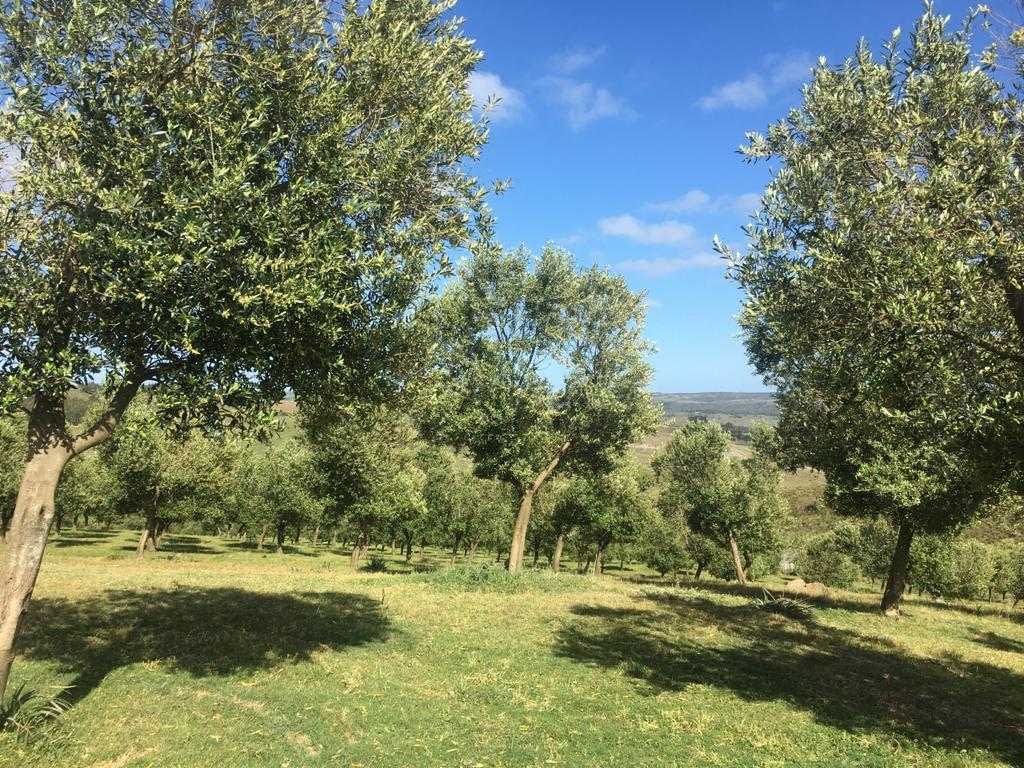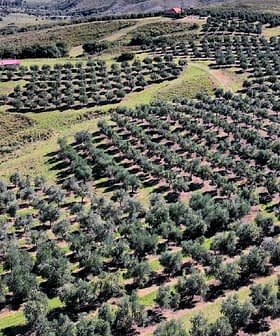After a historically poor harvest, Uruguayan producers are expecting a much better year in 2021, according to the country’s Ministry of Livestock, Agriculture and Fisheries.
“The current harvest in our country (2020/21) is expected to be a good harvest,” the ministry wrote in its annual report on the agricultural sector. “It is estimated that the production volume is higher than the last harvest, but without reaching the record levels of the 2019 harvest.”
The 2018/19 crop year smashed records in the small South American country, which is sandwiched in between Argentina and Brazil, with production exceeding 2,500 tons. Many young trees entering maturity and favorable climatic conditions were both attributed to the bumper harvest.
See Also:Olive Oil Production NewsThis was followed by a historic low the following season, in which just 295 tons of olive oil were produced, down from initial estimates of around 700 tons. Low temperatures and frost at the time of flowering compounded an off-year in the output cycle.
This year, however, is more promising for the country’s olive farmers, with better climatic conditions during the flowering period and rain coming at the right moments for the trees.
As was to be expected, the ministry’s report also showed a significant drop off in Uruguayan olive oil exports in 2020. While the country only shipped 116 tons of olive oil to foreign destinations, the value of that oil nearly doubled compared with 2019.
From January to November, Uruguay sold its extra virgin olive oil abroad for an average price of $5.318 (€4.34) per kilogram, compared with the $2.559 (€2.09) per kilogram in 2019 and just above the average of the previous five years – $5.0128 (€4.09) per kilogram.
Over the past few harvest seasons, there has been a renewed focus on quality in Uruguay. The vast majority of the country’s producers see this as the only way to compete with larger producer nations in lucrative markets, such as Brazil and the United States, to which more than 80 percent of Uruguayan exports are destined.
“We have a small quantity of production, but very high quality,” Paula Ferrera, a representative from the Uruguayan Olive Association, told Olive Oil Times in a 2018 interview. “Quality is the only way we can compete with larger producers, such as Argentina, but we cannot compete in volume.”









